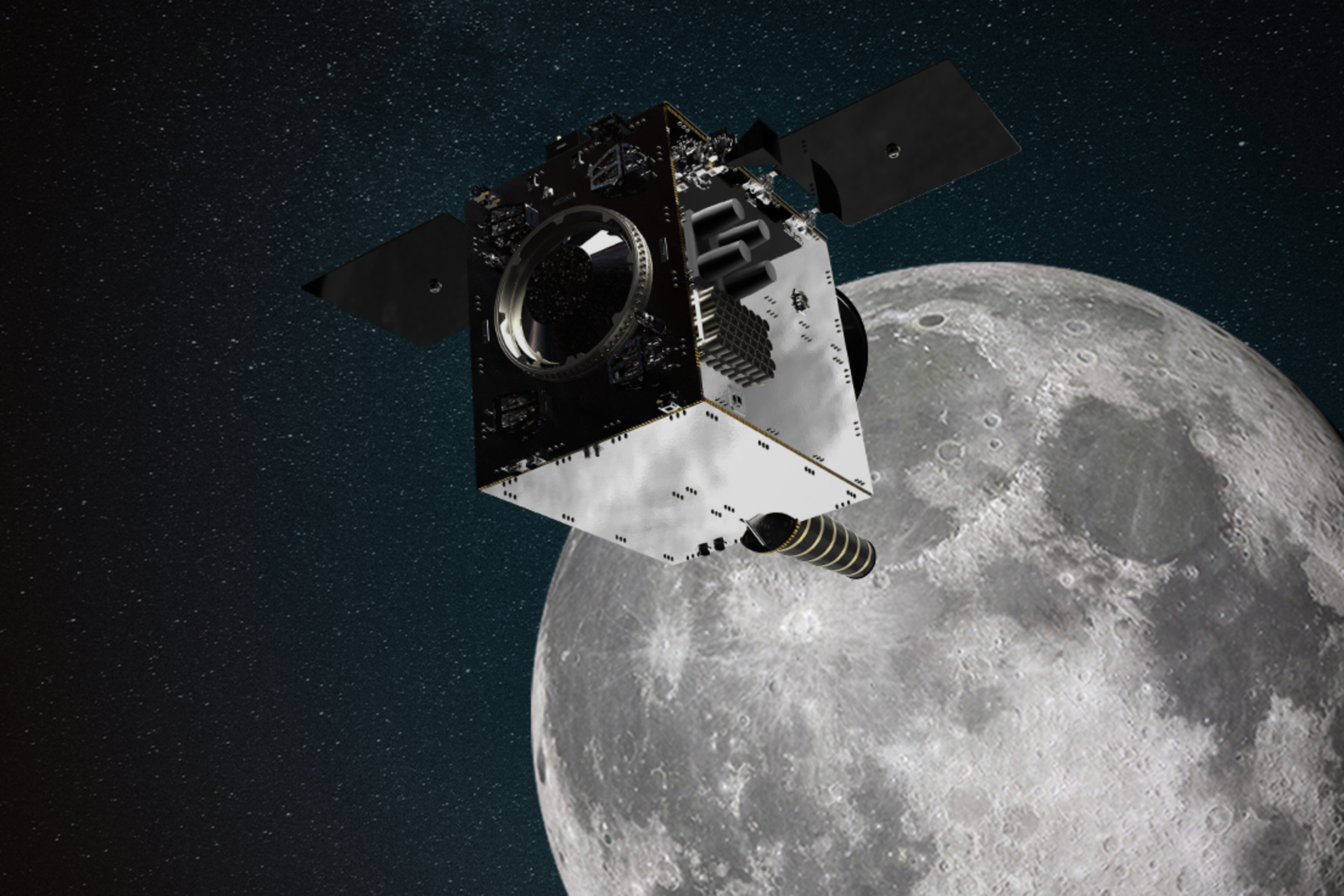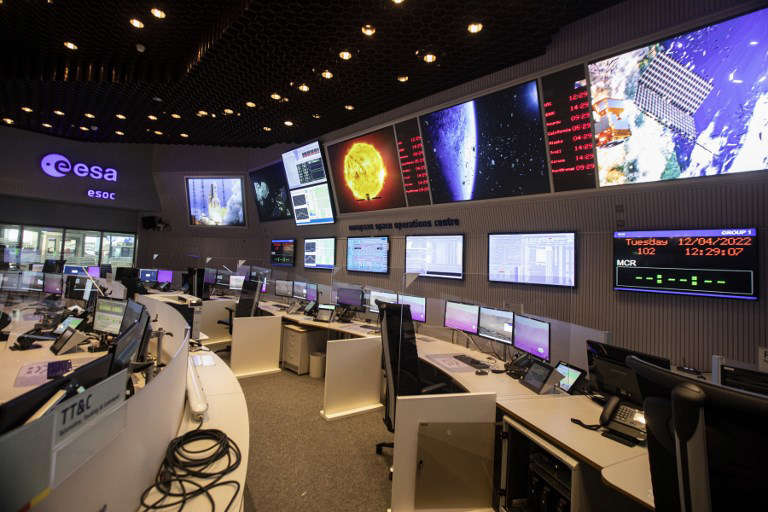Following the various economic sanctions implemented by the EU on the Russian state and its oligarchs, the bloc has gone a step further and suspended its space cooperation with Russia for planned missions to the moon.
In March, the European Space Agency (ESA) announced it would be suspending the Russian-European exploration mission to Mars named ExoMars because of the war in Ukraine. On Wednesday, it said it would also be suspending its cooperation with Russia for the three planned lunar exploration missions for the same reason.
"The Russian aggression against Ukraine and the resulting sanctions put in place represent a fundamental change of circumstances and make it impossible for ESA to implement the planned lunar cooperation," an ESA statement read.
The agency is now turning to other partners to cooperate with for its Luna-25, -26 and -27 missions, which are part of the lunar programme of the Russian space agency Roscosmos.
'More resilient' space infrastructure
Following Russia's invasion of Ukraine, the space agency's Director-General initiated a "comprehensive review of all activities currently undertaken in cooperation with Russia and Ukraine," to determine the possible consequences of "this new geopolitical context for ESA programmes," and to create a more "resilient and robust space infrastructure for Europe."
Luna-25 was to become the first Russian spacecraft in Moscow's new lunar programme. The Luna-26 mission includes an orbiter to explore landing sites on the Moon, while Luna-27 is a lunar lander to land on an unexplored area of Earth's natural satellite.

Artist's impression of Surrey Satellite Technology Ltd (SSTL)'s Lunar Pathfinder satellite that will provide communications services around the Moon. Credit: ESA
ESA would test its instruments on those missions but is now looking for alternatives.
The Prospect drill, which would be used for Luna-27, could be tested on a commercial mission of the American NASA. For the terrain navigation system Pilot-D, which would be tested in the Luna-25 mission, ESA is still looking for a new flight option.
Russian response
Many ESA missions have so far been launched using Russian Soyuz launchers from the European base Kourou in French Guiana.
Related News
- Explainer: What shutting off Russian gas would mean for Belgium
- 'We will defend ourselves': De Croo visits Belgian troops in Romania
- Close friend and ally of Putin captured by Ukraine
The Russian space agency Roscosmos has already responded to the European sanctions by suspending its Soyuz launches from Kourou and recalling its team of just over 100 engineers.
All other ESA missions using the Soyuz launcher have also been suspended. These include two satellites for the European navigation system Galileo.
Meanwhile, ESA confirmed the ExoMars Rover mission, despite all elements being ready, will not be launched in September this year as a result of the cooperation suspension. "Instead, a fast-track study is now underway led by Thales Alenia Space of Italy to assess options for the way forward."

